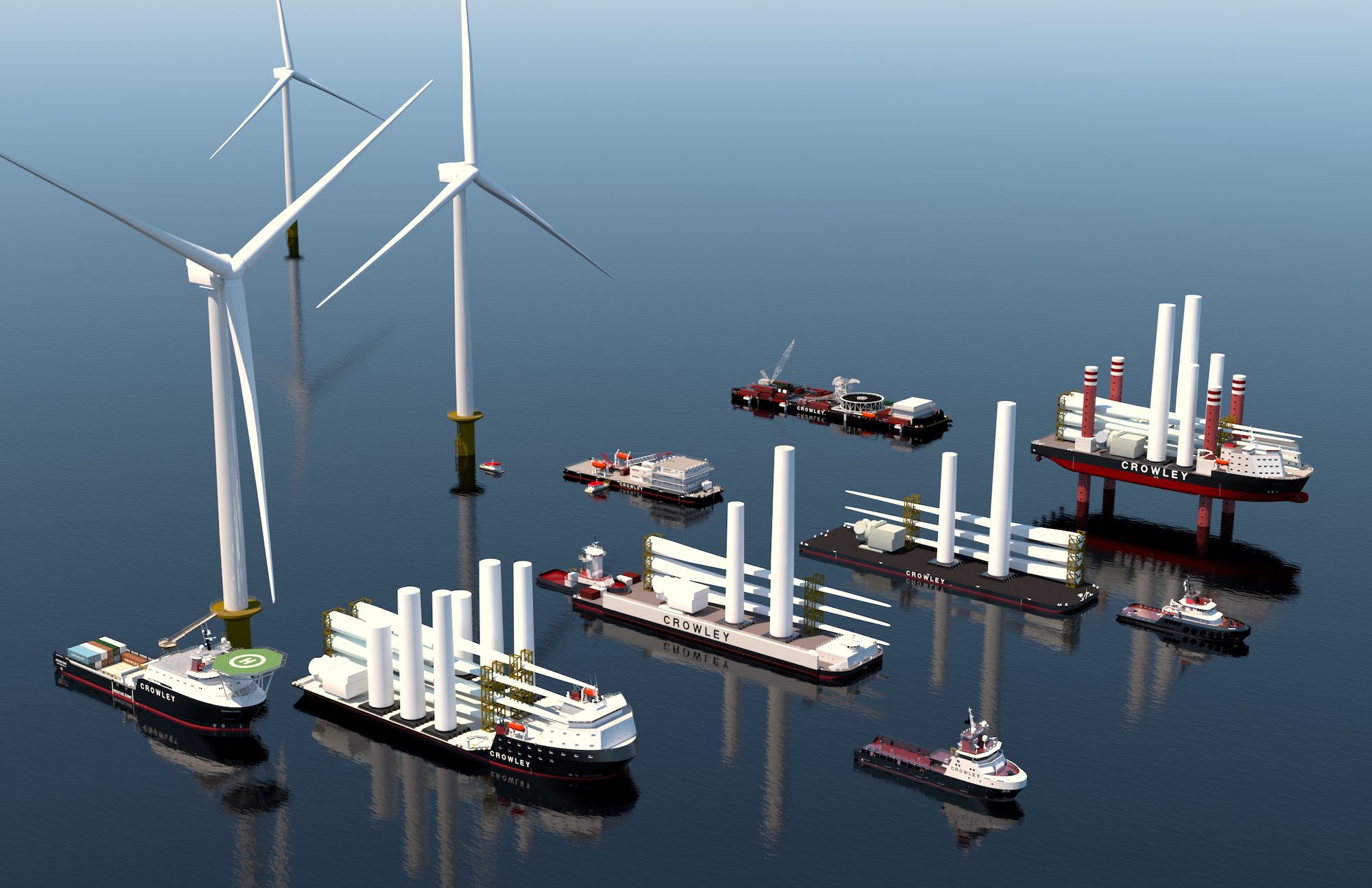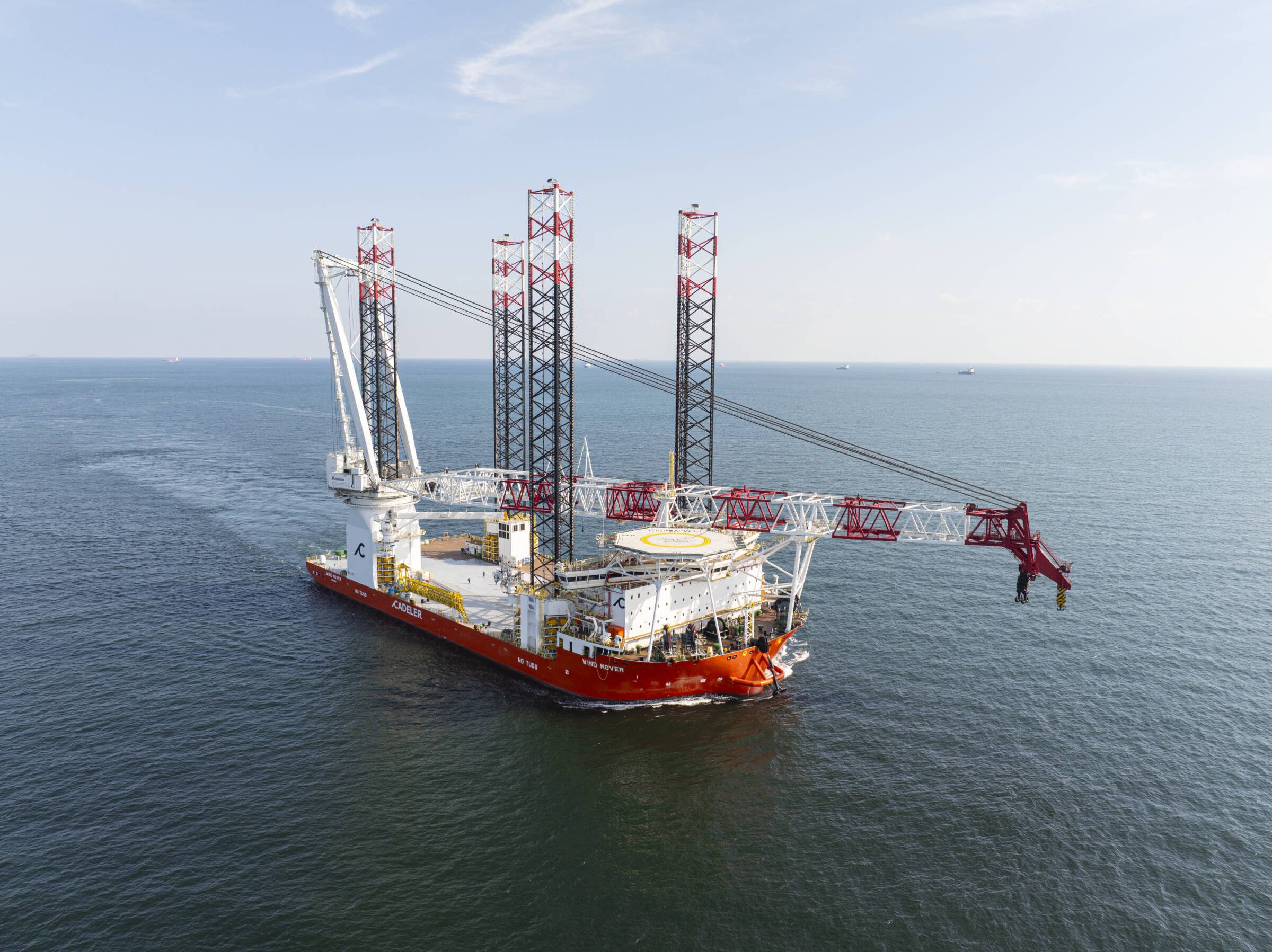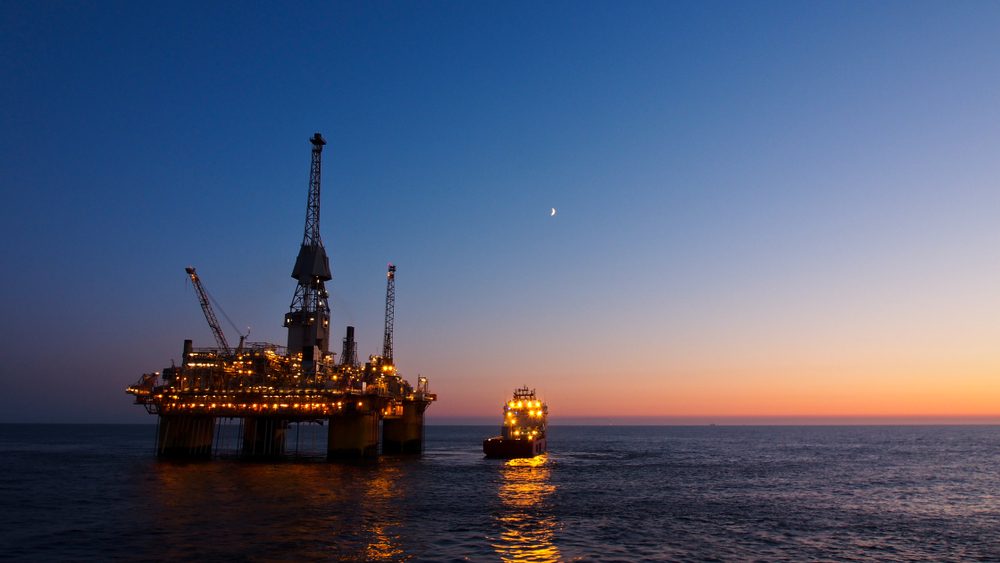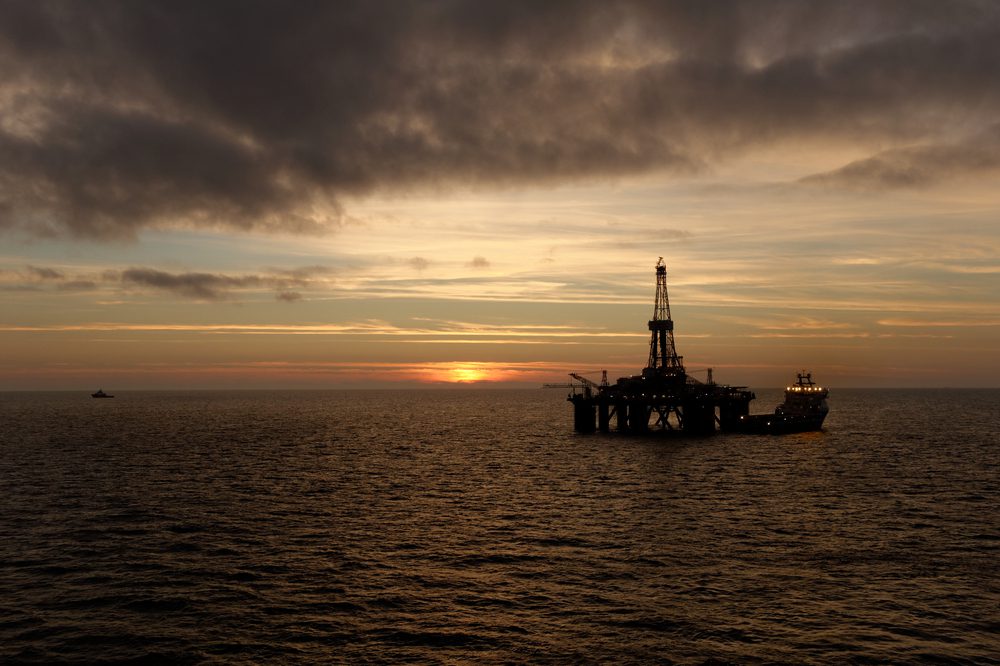By Barry Parker (gCaptain) –
Capital Link’s Jones Act webinar on Offshore Wind, moderated by lawyer Winston & Strawn’s Charlie Papavizas, provided good insights into the plans of leading U.S. participants in the sector. The panel offered an extremely positive view of the most exciting sector in Jones Act shipping at this time.
Panelist Jeff Andreini of Crowley, which is involved in multiple aspects of the business (“across five verticals”), conveyed his company’s enthusiasm, as indicated by views such as: “Crowley is extremely bullish” and “we are all in,” when describing Crowley’s commitment. He he explained the company had begun in 2016 “chartering our tugs and barges to be able to do the feedering that’s going to be required today.”
The company’s involvement “ramped up in 2020, when: “we decided that we wanted to be much more than just a tug and barge provider. Today our vision is to be a full-service turnkey provider for the supply chain.”
He acknowledged that skepticism exists about offshore wind’s course forward, but said: “We are not [skeptical]…in fact, we have won contracts and will get started with our first one here in May, when we will be transporting, via tug and barge, the transformer for the South Fork project—out of the Gulf of Mexico up to New York. We will follow that up with our first feedering project—two tugs and a barge, to do the transportation of the components of the South Fork project, out of New London, Connecticut. And, then, next year, working together with Fred Olsen… out of the New Jersey wind port, we’ll be transporting 98 turbines…for well over a year and a half.”
The 1.1 gW Ocean Wind 1 windfarm, in Atlantic waters east of Cape May, New Jersey. will be a much larger project than the 132 mW South Fork wind farm, located in waters to the east of Montauk, New York, and utilizing 12 turbines.
Panel member Josh Shapiro, the top executive at Liberty Green Logistics (a consortium formed in 2021, to provide “supply chain management for the offshore industry”), talked about his group’s plans.
“We currently have 24 members in our consortium… everything from marine logistics to software,” he said. He also waxed optimistically, saying: “Our view of the offshore wind market is that it’s ripe with opportunity for a select group of companies that have the skill-set and expertise in the supply chain management business, as well as the asset investing and Jones Act-qualified capabilities to perform the services.”
Shapiro also noted that: “Within this select community, we have lots of international partners that are looking to partner with all of us to bring some of the expertise from Europe and Asia into the United States supply chain.”
Members of the consortium include Patriot Marine, which will be providing a crew transfer vessel (CTV) for the 800 mW Vineyard Wind project (located in waters south of Martha’s Vineyard).
The U.S. approach to fixed bottom offshore wind development has moved decidedly in the direction of Jones Act compliant tugs and feeder barges bringing components from ports in New England and the mid-Atlantic states out to foreign Wind Turbine Installation Vessels (WTIVs) at the wind farm sites.
When asked about the path ahead during 2023, Crowley’s Mr. Andreini said: “The most challenging thing right now is what will be the success of the feedering process. If Crowley [working with van Oord, and then Fred Olsen] and Foss [working with DEME] are able to do this in a timely fashion, and most importantly, with no injury to crew members, or people working on board barges, I think that we are going to be fine.”
“We have a lot to learn over the next four to six months, but I think that we’ve got a good plan in place,” Andreini noted.

 Join The Club
Join The Club











